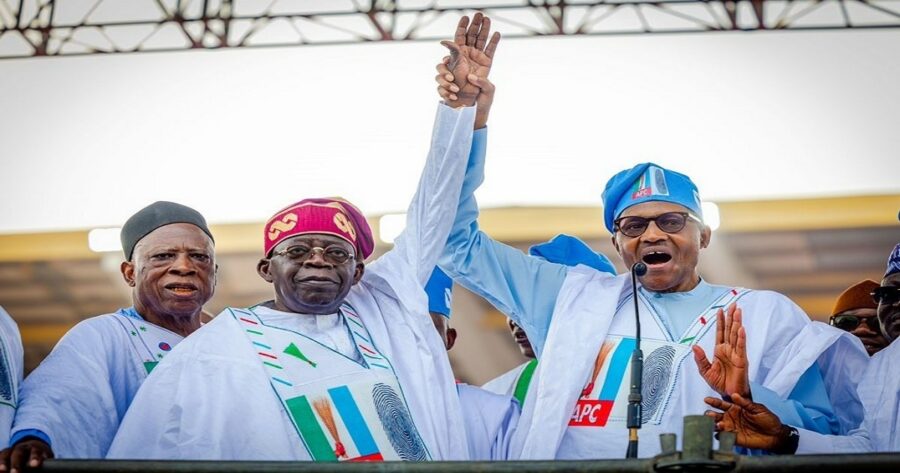Nigeria, the most populous country in Africa, has elected a new president after a fiercely contested election. Bola Tinubu, a 70-year-old former governor of Lagos state, was declared the winner with 37% of the vote, defeating former governor Atiku Abubakar of the People’s Democratic Party and Peter Obi, the former governor of Anambra of the Labour Party.
International observers closely watched the election due to Nigeria’s history of violence and irregularities during elections. The fact that no candidate received 50% of the vote is significant because it reflects the deep divisions within Nigerian society. Tinubu has called for national unity and urged his opponents to join forces with him. His victory is a significant moment for Nigeria, given the country’s complex history of political and religious divisions.
The country is deeply divided along tribal, political, and religious lines. Tinubu, who is Muslim, faces a challenge in unifying a country where Islam and Christianity are dominant faiths. His appeal for unity reflects his understanding of the need to bridge these divides and work together for the good of the country.
However, his victory is not without controversy. Abubakar and Obi have hinted at voter irregularities and said they would take the matter to the courts. The outcome of the election remains uncertain until the legal process is complete.
The world is watching Nigeria as it continues to grapple with its complex political and social challenges. The success of the new president will depend on his ability to bring together a divided nation and address the issues that have plagued the country for decades.
Nigeria’s new president elect Bola Tinubu faces a difficult task in unifying a deeply divided nation. His appeal for national unity is a step in the right direction, but he must work hard to address the issues that have led to division and instability in Nigeria. The world is watching as Nigeria continues to move forward, and the success of the new president will have far-reaching implications for the future of the country and the African continent as a whole.









